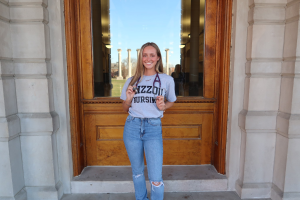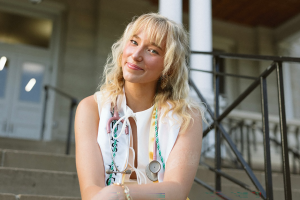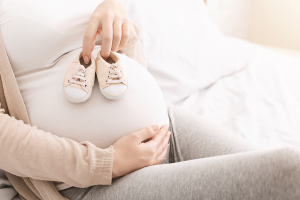Laura Remy – Opinion Piece in Columbia Tribune
Current PhD student, Laura Remy published her thoughts on the EPA rollbacks with the Columbia Daily Tribune newspaper. As a nurse, I know that having access to clean air to breathe and clean water to drink is essential for human health. That is why it is so alarming that the U.S. Environmental Protection Agency…
Oct. 26, 2018

Current PhD student, Laura Remy published her thoughts on the EPA rollbacks with the Columbia Daily Tribune newspaper.
As a nurse, I know that having access to clean air to breathe and clean water to drink is essential for human health. That is why it is so alarming that the U.S. Environmental Protection Agency is rolling back vital clean air and water safeguards, putting the health of millions of Americans at risk. Since the formation of the EPA, and due to regulatory efforts to clean up our air, land and water, great progress has been made. However, rollbacks threaten to halt this progress.
Over the past five decades, EPA programs have helped reduce lead pollution by over 90 percent. This means fewer children with permanent neurological harm and a greater chance to succeed in school and life. Similarly, regulations under the Clean Air Act are estimated to realize $2 trillion in benefits by 2020.
However, there is still work to be done. Children and families in Flint, Michigan, and Kansas City are still getting sick from toxic lead pollution.
Read the full article published by the Columbia Tribune on Friday, Oct 26, here


